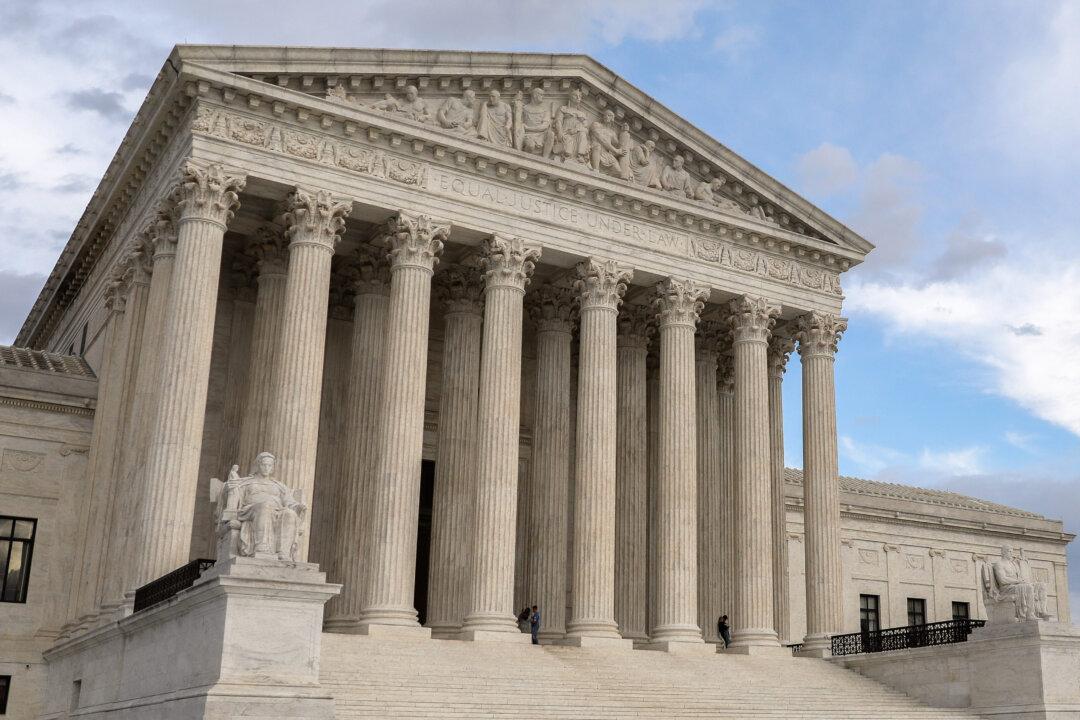The Supreme Court on June 1 unanimously upheld the constitutionality of an oversight board established to help Puerto Rico out of a financial crisis and charged with restructuring its billions of dollars of debt.
The top court held that members of the government board—the Financial Oversight and Management Board for Puerto Rico—were properly appointed because they weren’t federal officers of the United States who needed to be confirmed by the Senate. The ruling reverses a lower court’s decision that threatened to disrupt the island’s recovery process, which includes the panel’s restructuring of about $120 billion of its debt.




